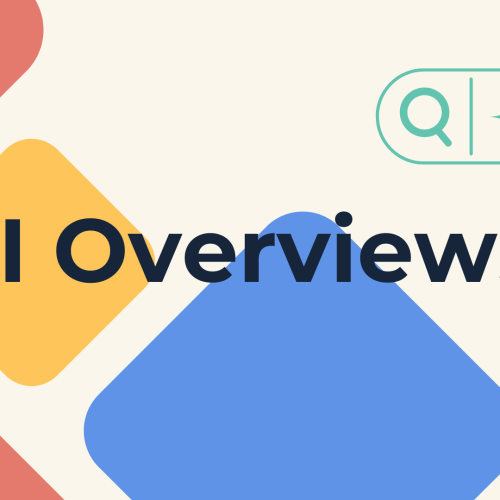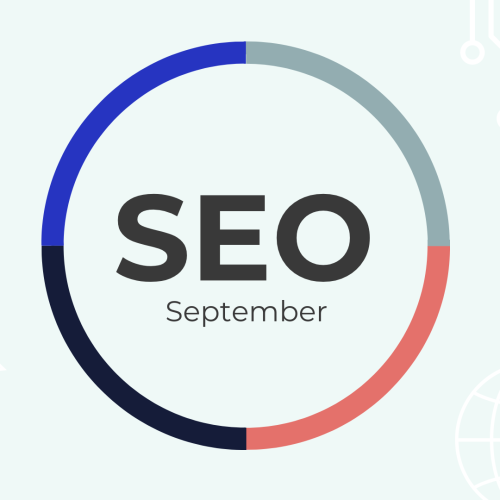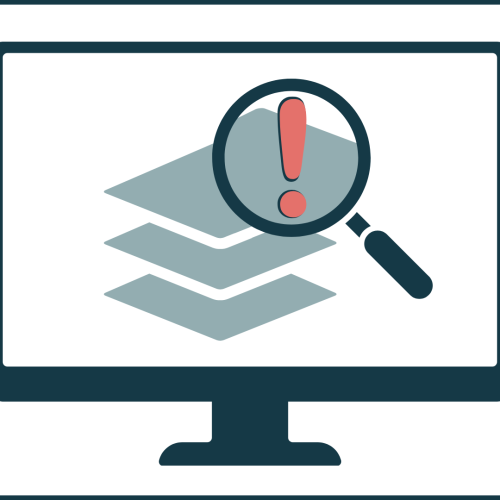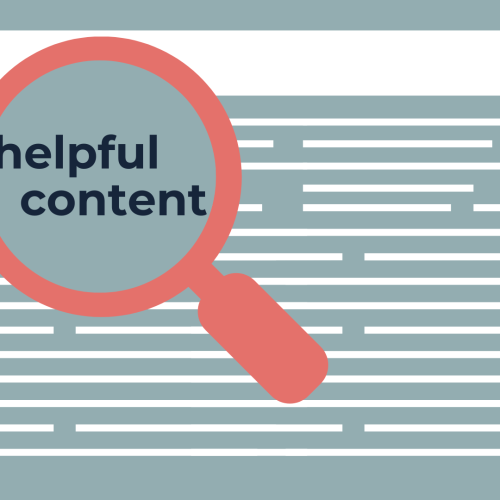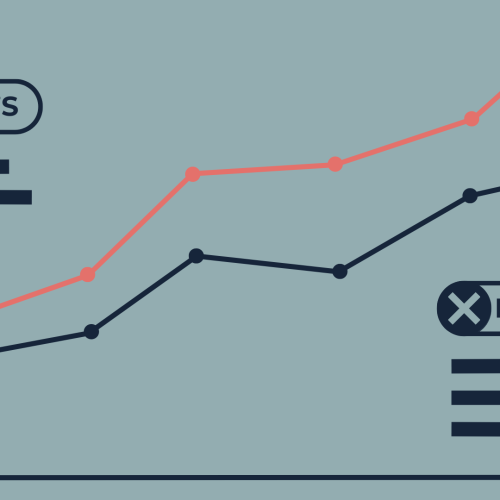3 useful takeaways from BrightonSEO
Last Friday, IIH Nordic participated in BrightonSEO – one of the world’s largest pure SEO conferences. Recognized experts shared their experiences and gave their take on which new opportunities businesses should be aware of and take advantage of. Here are the 3 key takeaways from the conference:
1) New types of structured data
Rich Snippets are no longer reserved for specific industries, topics and product categories, such as recipes and movies.
In May 2019, it became possible to display FAQs and how-to guides in the expanded search results – content that many companies already have, but few have marked up.
Marking up FAQs and guides can give your content more space in search results and give Google a better idea of what users want to know about your business and the type of products or services you offer. In other words, it provides an opportunity to get ahead of the competition.
2) Take advantage of Google My Business
Even if your business is online-only, there are great benefits to taking advantage of Google My Business. That was the main message of Wikimotive VP of Search Greg Gifford’s presentation at BrightonSEO.
By using Google My Business, you can feed information about your business directly to Google. For example, you can use a Google account to ask and answer questions about your business yourself.
This is content that is most likely to be used by Google’s search engine. Questions with at least 3 votes are shown directly in the search results. This way, you can help influence how your company is talked about and what appears on Google.
In addition, there are often leads hidden in the questions, and it’s a great place to help customers where Google notices.
Want to know more about how to make better use of your Google My Business? Then you can flip through Greg Gifford’s slides, which, in addition to great tips, offer fun references to horror movies.
3) Links to sponsored and user-generated content
Google has introduced new opportunities to link to sponsored content, such as paid blog posts, advertisements and user-generated content such as forums.
Whereas before you could mark sponsored and/or user-generated content with the traditional nofollow attribute, you can now also use rel=”sponsored” and rel=”ugc” (short for user generated content) or a combination of both.
It’s not something that will improve your company’s SEO performance right now, but it’s a hint that Google wants us to declare when it comes to commercial content, for example.
There is also speculation that Google will soon start penalizing websites that do not comply with the sponsored link guidelines. Therefore, it is important that sponsored and user-generated content is listed correctly so that it cannot be mistaken for natural links.
Want to know more?
For more than 15 years, IIH Nordic has worked to unlock the digital potential of large Danish and international companies, including Danfoss, FL Schmidt and Falck. SEO is a big part of that work – and we’re constantly keeping up to date with new trends and tendencies in search engine optimization. For example, read our article on Big Data SEO.


